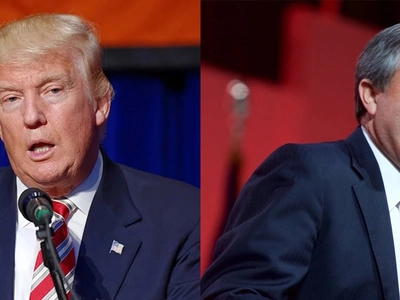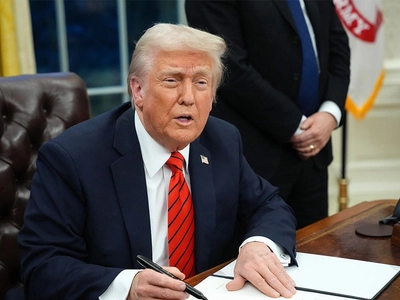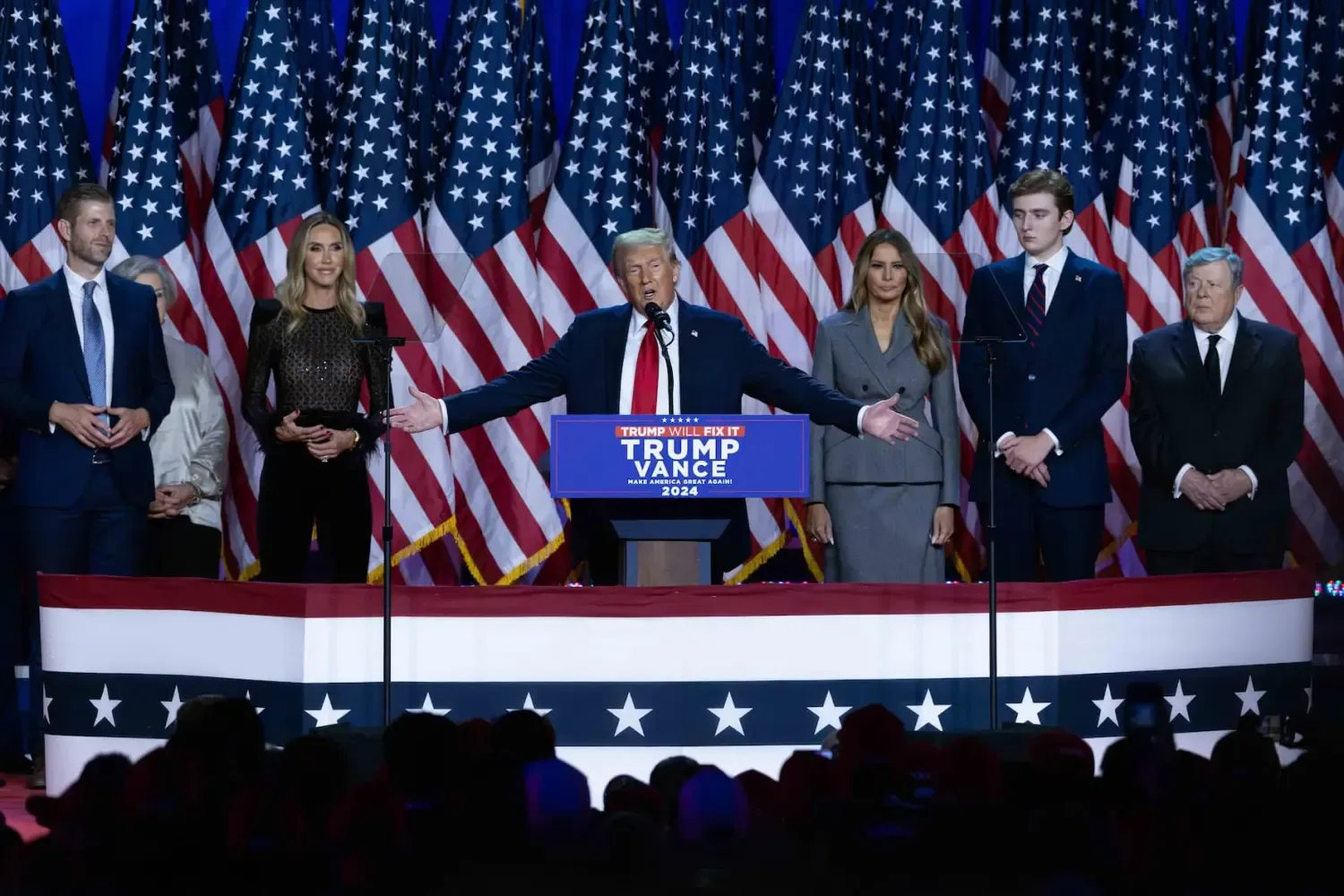EXPOSED: The Shocking Truth Behind Texas' Massive Vote Harvesting Scandal That Has Democrats Scrambling
The quiet rural county of Frio, Texas, has become ground zero for what Attorney General Ken Paxton calls one of the most significant election integrity investigations in recent state history. In July 2024, nine individuals—including a sitting state representative's chief of staff and former public officials—were indicted on charges related to an elaborate vote harvesting scheme that has sent shockwaves through the Texas political establishment.
The investigation, which began in 2021 and culminated in dramatic arrests following search warrants executed across three counties, has exposed what prosecutors describe as a systematic effort to manipulate the democratic process through illegal ballot collection operations.
The Scope of the Investigation
The multi-year investigation by Attorney General Paxton's Criminal Investigation Division began with credible allegations of vote harvesting in Frio County. In August 2024, investigators executed multiple search warrants across Frio, Atascosa, and Bexar Counties, gathering evidence that would eventually lead to a grand jury presentation in May 2025.
Among those indicted are Manuel Medina, chief of staff to Texas State Representative Elizabeth Campos, and several former public officials. The charges include vote harvesting, election fraud, and conspiracy to commit election fraud—felonies that carry significant prison sentences under Texas law.
Understanding Vote Harvesting: What Makes It Illegal
Vote harvesting, also known as ballot harvesting, refers to the practice of third parties collecting and delivering absentee ballots on behalf of voters. While some states allow limited forms of this practice, Texas has taken a hardline stance against it.
Under Texas Senate Bill 1, passed in 2021 as part of the Election Integrity Protection Act, it is illegal for anyone other than the voter, a family member, or a registered poll watcher to possess another person's ballot. The law specifically prohibits:
- Compensating individuals for soliciting absentee ballot applications
- Distributing absentee ballot applications to voters who didn't request them
- Assisting voters in marking their ballots unless they qualify for specific assistance
- Collecting and delivering multiple absentee ballots
Violations can result in felony charges, with sentences ranging from six months to 20 years in prison, depending on the severity and scale of the violations.
The Broader Pattern of Electoral Manipulation
The Frio County case is not occurring in isolation. Texas has been at the forefront of election integrity investigations, with Attorney General Paxton's office pursuing multiple cases across the state. The office has investigated over 100 potential instances of noncitizen voting, launched probes into voter registration irregularities, and pursued cases involving fraudulent ballot applications.
Nationally, ballot harvesting has become a contentious issue, with different states taking varying approaches to regulation. Critics argue that ballot harvesting creates opportunities for coercion, vote buying, and fraud, while supporters claim it helps ensure voter access, particularly for elderly and disabled voters.
The Democratic Response and Political Implications
The indictments have created significant political fallout, particularly given the involvement of individuals connected to Democratic officials. Representative Elizabeth Campos, whose chief of staff was indicted, has faced calls for comment on the charges and her knowledge of the alleged activities.
Defense attorneys and civil rights groups have criticized the investigation as politically motivated, arguing that the charges represent an overreach that could discourage legitimate voter assistance efforts. However, prosecutors maintain that the evidence clearly demonstrates systematic lawbreaking designed to manipulate election outcomes.
The Technical Details of the Alleged Scheme
According to court documents, the alleged scheme involved multiple components:
- Ballot Collection Networks: Organized efforts to collect absentee ballots from voters, particularly targeting elderly and vulnerable populations
- Compensation Systems: Payments to individuals for soliciting and collecting ballots, creating financial incentives for fraud
- Coordination with Campaigns: Alleged coordination between ballot collectors and political campaigns to target specific demographics
- Document Fraud: Falsification of witness signatures and other required documentation on ballot applications
Election Integrity Enforcement: A Growing Trend
The Texas investigation reflects a broader national trend toward aggressive election integrity enforcement. Since 2020, multiple states have created specialized election crimes units, increased penalties for election-related offenses, and expanded investigations into alleged voter fraud.
The Heritage Foundation's Election Fraud Database documents over 1,400 instances of proven voter fraud resulting in convictions, with ballot harvesting representing a growing category of prosecuted offenses. States like Florida, Georgia, and Arizona have all pursued high-profile ballot harvesting cases in recent years.
The Legal Challenges Ahead
The Frio County defendants face serious legal challenges, with potential sentences ranging from significant fines to decades in prison. The cases will likely hinge on prosecutors' ability to prove intent to defraud and demonstrate systematic coordination rather than isolated incidents.
Defense strategies are expected to focus on challenging the constitutionality of Texas's ballot harvesting laws, arguing that legitimate voter assistance was criminalized, and questioning the scope of the investigation's evidence gathering.
Implications for Future Elections
The Frio County investigation has far-reaching implications for how elections are conducted in Texas and beyond. The cases serve as a warning to political operatives about the legal risks of ballot collection activities while also raising questions about the balance between election security and voter access.
For voters, the investigation highlights the importance of understanding ballot handling laws and the potential legal consequences of accepting assistance from unauthorized individuals. For political campaigns, it underscores the need for clear compliance protocols and legal guidance on voter outreach activities.
The Ongoing Investigation
While nine individuals have been indicted, Attorney General Paxton's office has indicated that the investigation remains active. Additional charges may be filed as investigators continue to analyze evidence gathered during the multi-county search operations.
The case also represents a test of Texas's election integrity laws, with courts ultimately determining whether the state's aggressive approach to ballot regulation can withstand constitutional challenges while effectively deterring election fraud.
Conclusion: A Defining Moment for Election Integrity
The Frio County vote harvesting investigation represents a pivotal moment in the ongoing national debate over election integrity. Whether viewed as necessary law enforcement against systematic fraud or as political persecution of legitimate voter assistance, the case will likely influence how similar investigations are conducted nationwide.
As the legal proceedings unfold, the case serves as a stark reminder that in the post-2020 election environment, activities that might once have been overlooked are now subject to intense scrutiny and potential criminal prosecution. The outcome will help define the boundaries of acceptable election-related activities and set precedents for future enforcement efforts across the country.
For now, the message from Texas is clear: vote harvesting operations that violate state law will face the full force of criminal prosecution, regardless of political affiliation or claimed good intentions. The question remains whether this aggressive approach will strengthen public confidence in elections or create new barriers to legitimate voter participation.






